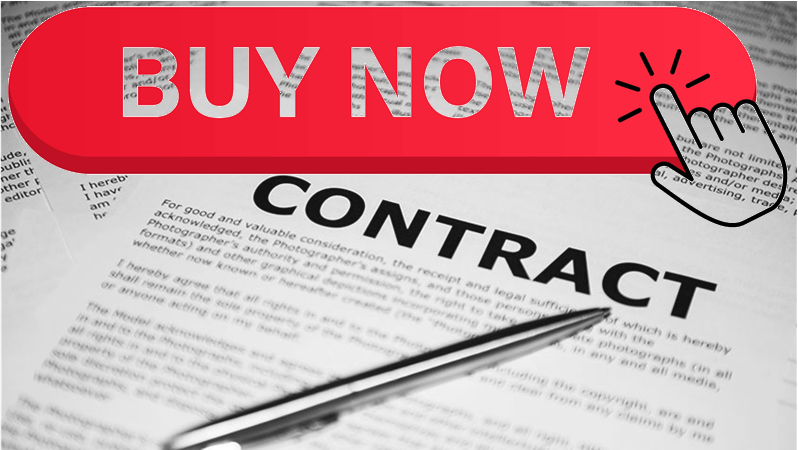Understand the debt
If you have been served with a letter of demand, it is important that the letter contains details of:
- the identity of the creditor,
- the amount that is owed,
- the due date for payment, and
- an outline of the next steps in the event the debt remains unpaid.
If you do not recognise the information contained in the letter of demand, it is a good idea to request further information from the creditor. Any request should only include things that may ultimately be relied on in court. If you are unsure, seek legal advice as soon as possible.
Before negotiations begin
In order for settlement negotiations for a debt recovery matter to be successful, it is helpful to consider the other side’s interests. This will help drive a mutually satisfactory agreement that will benefit the overall position of both parties. Bear in mind that if the matter is unable to be resolved, legal proceedings may ensue as the alternative.
Generally speaking, the debtor’s objective is to pay as little of the debt as possible, while the creditor’s aim is to recover as much of the debt as possible, within a reasonable timeframe.
Even though the creditor might have a legal entitlement to be paid, the reality might be that the debtor is experiencing financial difficulty or hardship. Sometimes a creditor might decide that they are better off receiving some money than risk the debtor filing for bankruptcy, which could mean that the creditor ends up with nothing.
Plan for making a payment proposal
You should also carefully think about what payment arrangement is affordable. If you are in financial difficulty, you might consider obtaining advice from a financial counsellor or preparing a summary of your monthly take-home pay. It is important to review your priorities and liabilities and consider if paying off this debt will cause other financial commitments to be unable to be complied with. You should also ensure that the payment terms are realistic and achievable, or you could risk breaching your agreement with the creditor. Be mindful to allow some income left over to cover unforeseen expenses or in case of emergencies.
Once a decision is made on the total amount to be paid to settle the debt, then a written proposal should be submitted to the creditor for consideration.
The creditor will then decide whether to accept the payment proposal, write off part of the debt, make a counter-proposal or pursue the matter via debt recovery legal proceedings.
Record the agreement
Once a payment proposal is in place, the agreement should be recorded in writing. Sometimes parties don’t recall settlement negotiations in the same manner, especially if it is based on conversations. It is important to ensure the parties have an accurate record of the agreement before the parties commit to signing it.
How can Sharrock Pitman Legal help?
If you require assistance with a settlement negotiation or a proposed payment plan, we have lawyers who specialise in and can assist with debt recovery and commercial litigation. Contact our Commercial Litigation team on 1300 205 506 or by email at litigation@sharrockpitman.com.au.
The information contained in this article is intended to be of a general nature only and should not be relied upon as legal advice. Any legal matters should be discussed specifically with one of our lawyers.
Liability limited by a scheme approved under Professional Standards Legislation.
Caroline Callegari is an Associate Principal and leads our Disputes & Litigation team. She has an advisory and advocacy practice in the following areas: Commercial Litigation, corporate and personal disputes, debt recovery and, insolvency and bankruptcy matters. Caroline can be contacted on (03) 8561 3324 or by emailing caroline@sharrockpitman.com.au.







